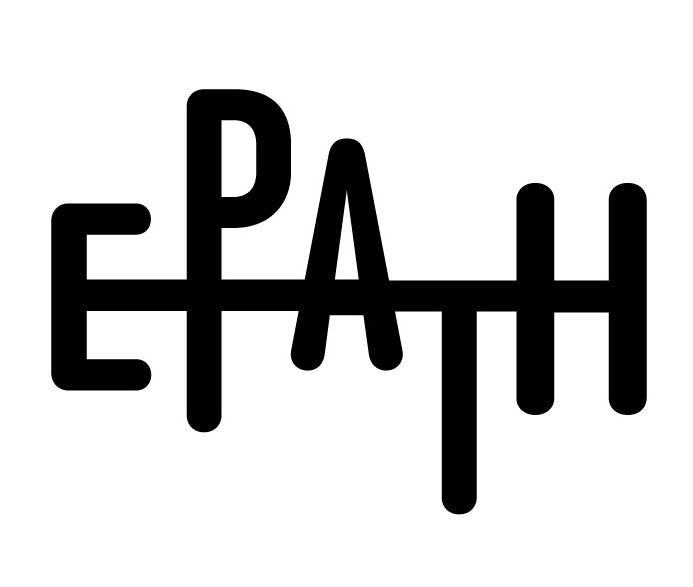Plenary Opening Session
The Plenary Opening session will be presented on site in Gothenburg. This session was live-streamed through Vimeo and can be re-watched here. The confirmed speakers are:
Prof. dr. Martin den Heijer
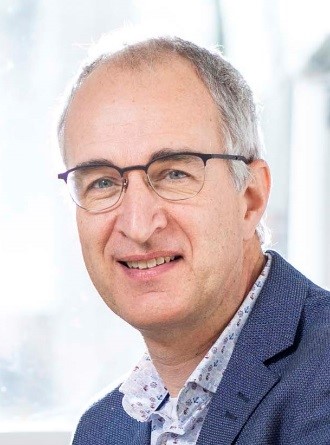
Data-driven transgender healthcare: reconnecting personalized care and clinical research
Transgender medicine is a relatively new loot to the tribe of medicine. Professional medical organizations, such as the Endocrine Society, have embraced this new loot, as illustrated by the publication of clinical practice guidelines. However, most of the available evidence comes from low-quality studies. Compared to other areas of healthcare, like diabetes, cardiovascular disease and osteoporosis there is a striking absence of well-developed clinical trials. Most of the evidence is based on expert opinion, case reports and small observational studies. In the past, pioneers in transgender hormonal treatment as Harry Benjamin and Louis Gooren, based their treatment choices on available evidence diverted from studies in hypogonadal men and women. This lack of specific transgender data prompted these pioneers to start clinical research in the realm of transgender treatment. Nowadays, several large cohort studies are ongoing, but clinical trials are still awaited.
In my presentation I will go into possible tensions between personalized health care and clinical research and show how these tensions might be overcome. Furthermore, I will go into new possibilities available with Electronic Health Record and the use of big data techniques in healthcare. I will argue that sensitive individual care, continuous quality assessment and clinical research have to go together to meet the medical needs of transgender people.
Bio
Martin den Heijer is professor of endocrinology at the Amsterdam UMC, with focus on gonadal endocrinology. He has a great interest in clinical epidemiology and is involved in two ongoing studies: the ENIGI-study and the ACOG study, investigating short-term and long-term effects of hormonal treatment in transgender people with an emphasis on possible risks for cardiovascular disease, bone health and cancer. He was head of the Center of Expertise on Genderdysphoria, Amsterdam from 2014-2020 and is currently appointed as CSIO of the Amsterdam UMC.
Dr. Timo Nieder, Andreas Koehler & prof. dr. Joz Motmans
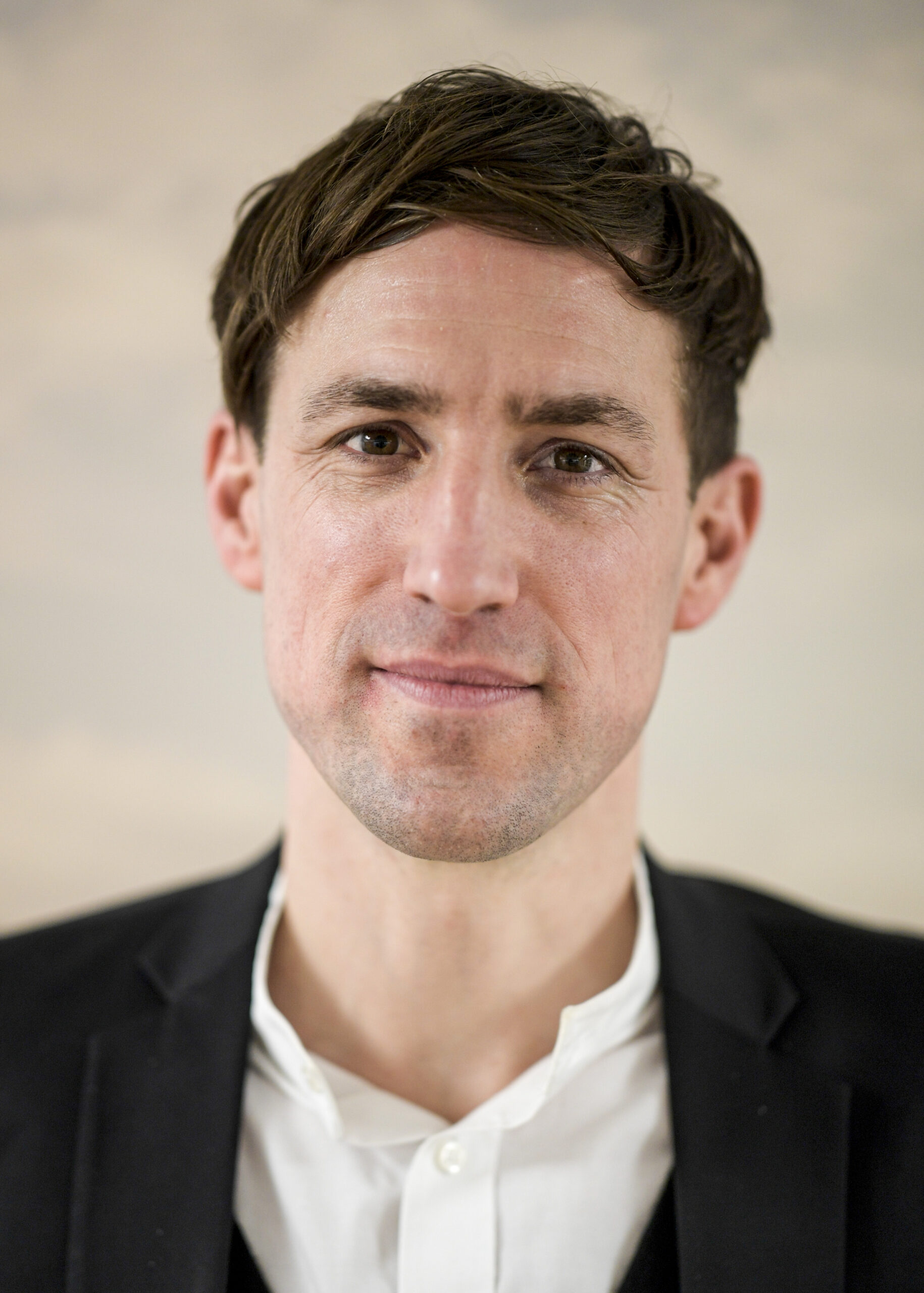

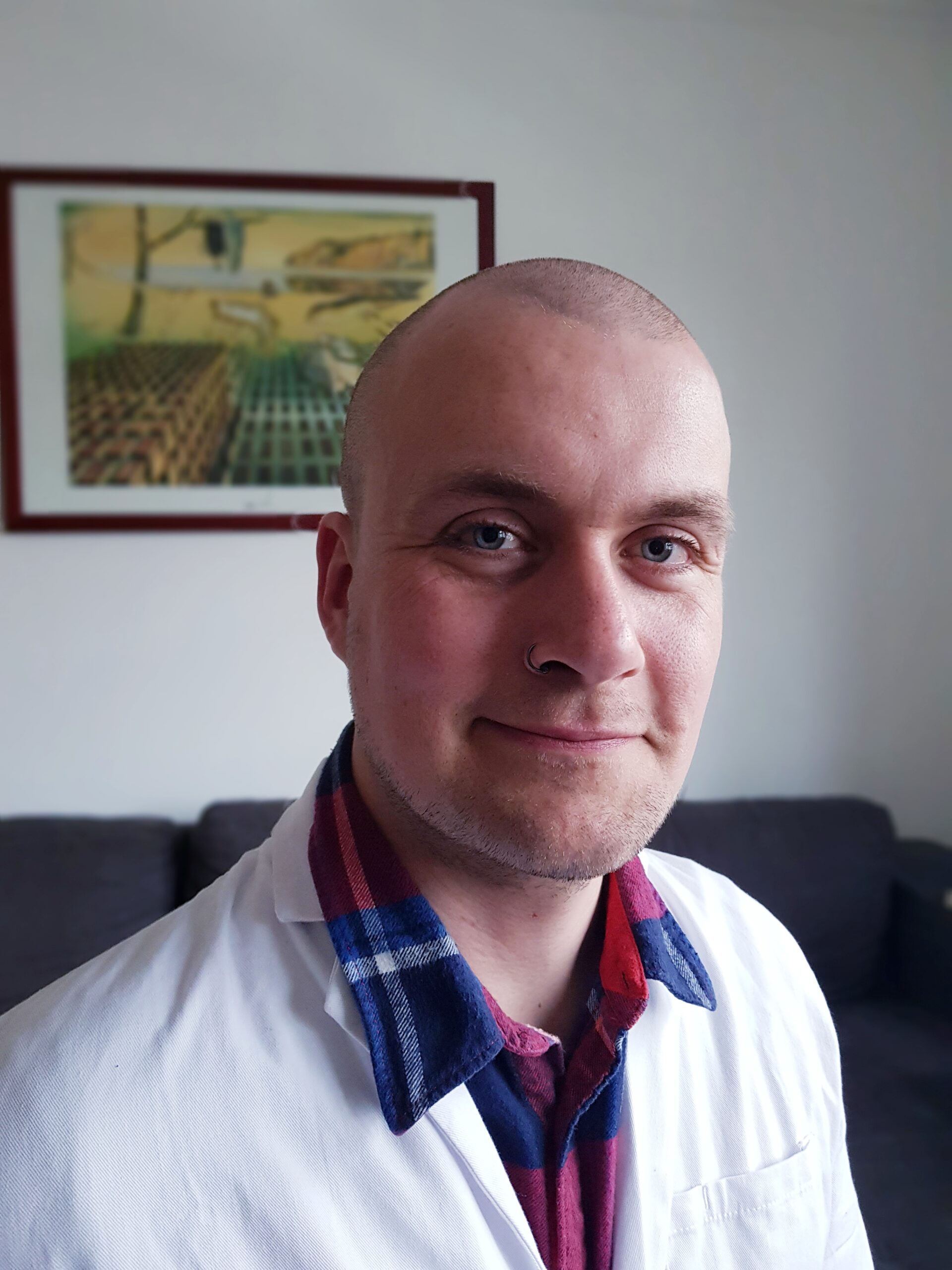
How the COVID-19 pandemic affects transgender health care in Europe – Results of the TransCareCovid19 survey
Background
Due to the COVID-19 pandemic, access to medical care was restricted for nearly all non-acute conditions. Transgender and gender-diverse people are assumed to be affected particularly severely by the restrictions caused by the COVID-19 pandemic. Research shows an over-representation of transgender and gender-diverse people in vulnerable socio-economic situations due to experiences with discrimination. At the same time, a majority of transgender and gender-diverse people depend to a certain extent on specialized transgender-specific health care.
Methods
As an ad hoc collaboration between researchers, clinicians, and 23 community organizations, we developed a web-based survey that was translated into 27 languages. Participants were recruited via community sources, social media channels, and snowball sampling since May 2020. We assessed demographical data, health problems, risk factors, COVID-19 data (e.g., contact history), and the influence of the COVID-19 pandemic on access to transgender health care services.
Results
4333 transgender and gender-diverse people from 43 European and Eurasian countries participated in the study. 41.9% were (trans) man, 33.1 µ% were (trans) woman, 20.7% identified as non-binary. 40% of our participants experienced distress due to their current living situation in the COVID-19 pandemic; 10% even had to change their place of living. 33.5% had suicidal thoughts, 2.9% have attempted suicide since the beginning of the pandemic. 61.6% of our participants reported suffering from at least one acute or chronic condition currently. More than one-third of the participants reported a chronic or acute condition recognized as a risk factor for a severe course of a COVID-19 infection. 21.7% reported that they avoided or are going to avoid COVID-19 related health care due to the fear of discrimination or mistreatment, even in case they would show symptoms of a COVID-19 infection. Access to at least one transgender health care service was restricted for nearly 50% of the participants.
Conclusion
Transgender and gender-diverse people suffer under the severity of the pandemic due to the intersections between their status as a vulnerable social group, their high amount of medical risk factors, and their need for ongoing medical treatment. The COVID-19 pandemic might have potentiated these vulnerabilities, added new challenges for transgender and gender-diverse people, and, therefore, led to devastating consequences, like severe physical or mental health issues, self-harming behavior, and suicidality.
Bio
Dr. Timo Nieder
Timo O. Nieder, PhD ECPS is head of the Outpatient Unit for Sexual Health and Transgender Care at the Institute of Sex Research, Sexual Medicine and Forensic Psychiatry and associate professor at the University Medical Centre Hamburg-Eppendorf (UKE), Germany. Timo is clinical staff psychologist, licensed psychotherapist, trained sex therapist (DGfS) and ESSM/EFS certified psycho-sexologist (ECPS). Timo co-founded the Interdisciplinary Transgender Health Care Centre (ITHCCH) at UKE and co-chaired the guideline development for transgender health care in Germany. Timo is one of the founding members of EPATH and currently board member. For publications, see http://orcid.org/0000-0003-3052-5169.
prof. dr. Joz Motmans
Prof. dr. Joz Motmans is the coordinator of the central information and expertise center on trans issues in Belgium (Transgender Infopunt) as well as guest professor Gender Studies at the Centre for Research on Gender and Culture at Ghent University (Belgium). His expertise includes LGBTIQ+ studies, new social movements, equality, emancipation, health, quality of life, discrimination & violence, transgender parenting, and social attitude research (quantitative as well as qualitative methods). Joz holds a MA in Clinical Psychology (Gent University, 1999), a postgraduate in Women’s studies (Antwerp University, 2002), and a PhD in Social Sciences (Antwerp University, 2010). Joz is member of the working group on trans issues at Ghent university, as well as of the working group on Diversity and the one on Antidiscrimination, and helped prepare the university transgender policy plan. He is one of the co-founders of the European Professional Association for Transgender Health (EPATH), and currently President-elect of this association. More info can be found at https://research.flw.ugent.be/nl/joz.motmans
Andreas Koehler
Andreas is a research fellow at the Interdisciplinary Transgender Health Care Center at the University Medical Center Hamburg – Eppendorf, Germany, a PhD student at the University of Jena, Germany, and a final year MD student at the University Medical Center Hamburg – Eppendorf, Germany. Andreas has over eight years of experience in researching the health and health care needs of transgender and gender-diverse communities.
Jorge María Londoño (TGEU) & Jêran Rostam (RFSL)

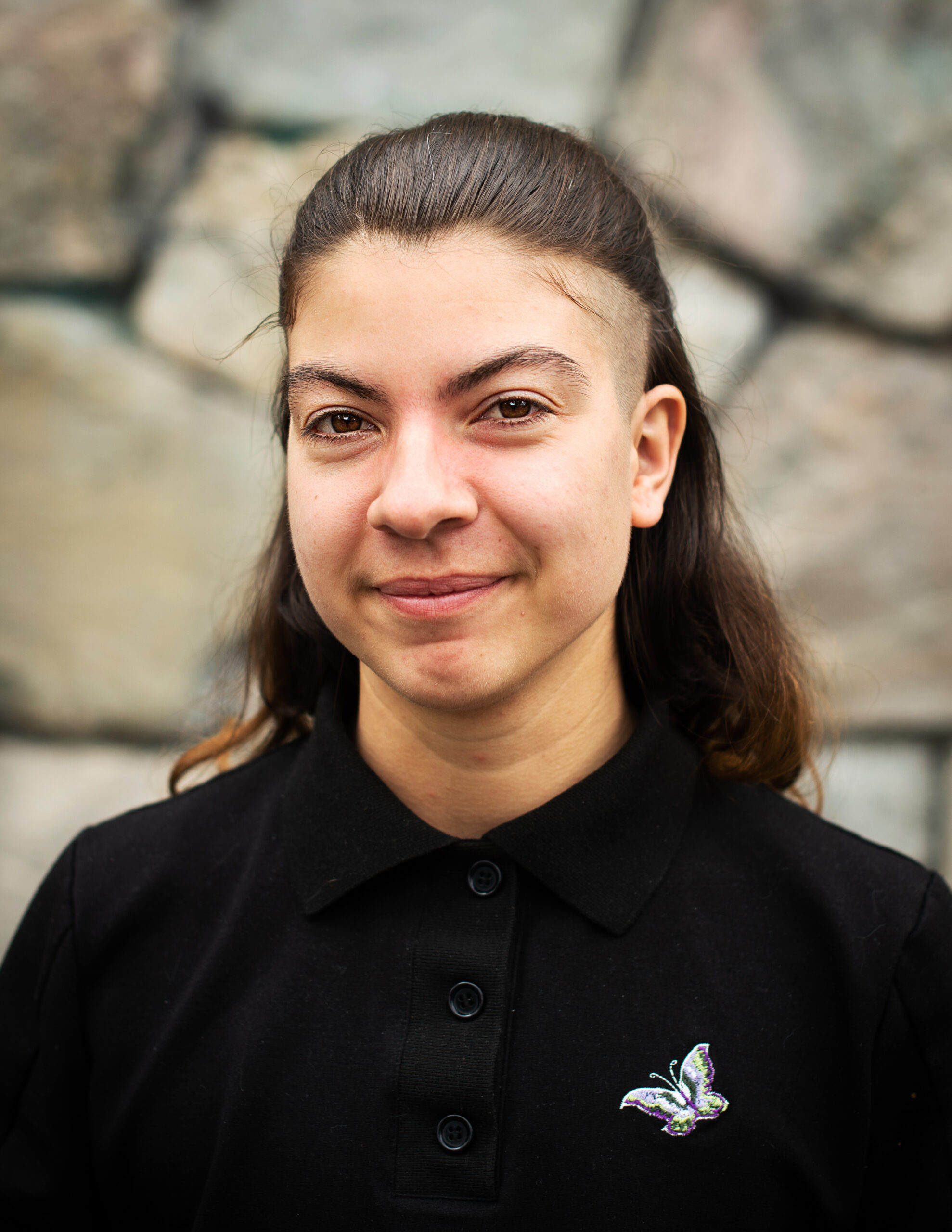
How do we survive and thrive during the backlash?
We are seeing a backlash against trans people’s rights in several areas right now. The threat comes from conservative right-wing extremists as well as trans-exclusionary radical feminists. On top of that we are in the midst of a deadly pandemic. All of this has built up and is threatening the right to access gender affirming health care.
In this keynote lecture Jêran and Jorge Maria speak about the necessity of organising for trans rights and what the movement’s goals should be. The focus lies on the needs and wants of young trans people who are marginalized in several ways, as the speakers examine the faults in the health care systems of today. This keynote will start trying to shift focus: from working to contain our rights, to expanding what our rights should be. How we can move from a health care system that only alleviates pain to one where joy and pleasure can be in focus. The Agenda 2030 promise to leave no one behind needs to apply to gender affirming health care as well. We need to get rid of the scarcity mentality once and for all.
Bio
Jorge María Londoño
Jorge María, co-chair Transgender Europe (TGEU) has been an activist in the area of lgbtqi- and human rights for the past 10 years. They have been engaged in NGO’s in Sweden, nationally and internationally. Jorge María has an extended experience in children- and youth rights, anti-racism and queer feminism.
Jêran Rostam
Jêran Rostam is the chairperson for RFSL Ungdom, the Swedish youth federation for LGBTQI rights. They’re working with political advocacy mainly in Sweden but sometimes also on an EU level and globally. They’re often requested to participate as an expert on lgbtqi youth issues in meetings with national agencies and members of parliament. Apart from political advocacy their main focus is to increase lgbtqi youths capacity to organise and create political change.
